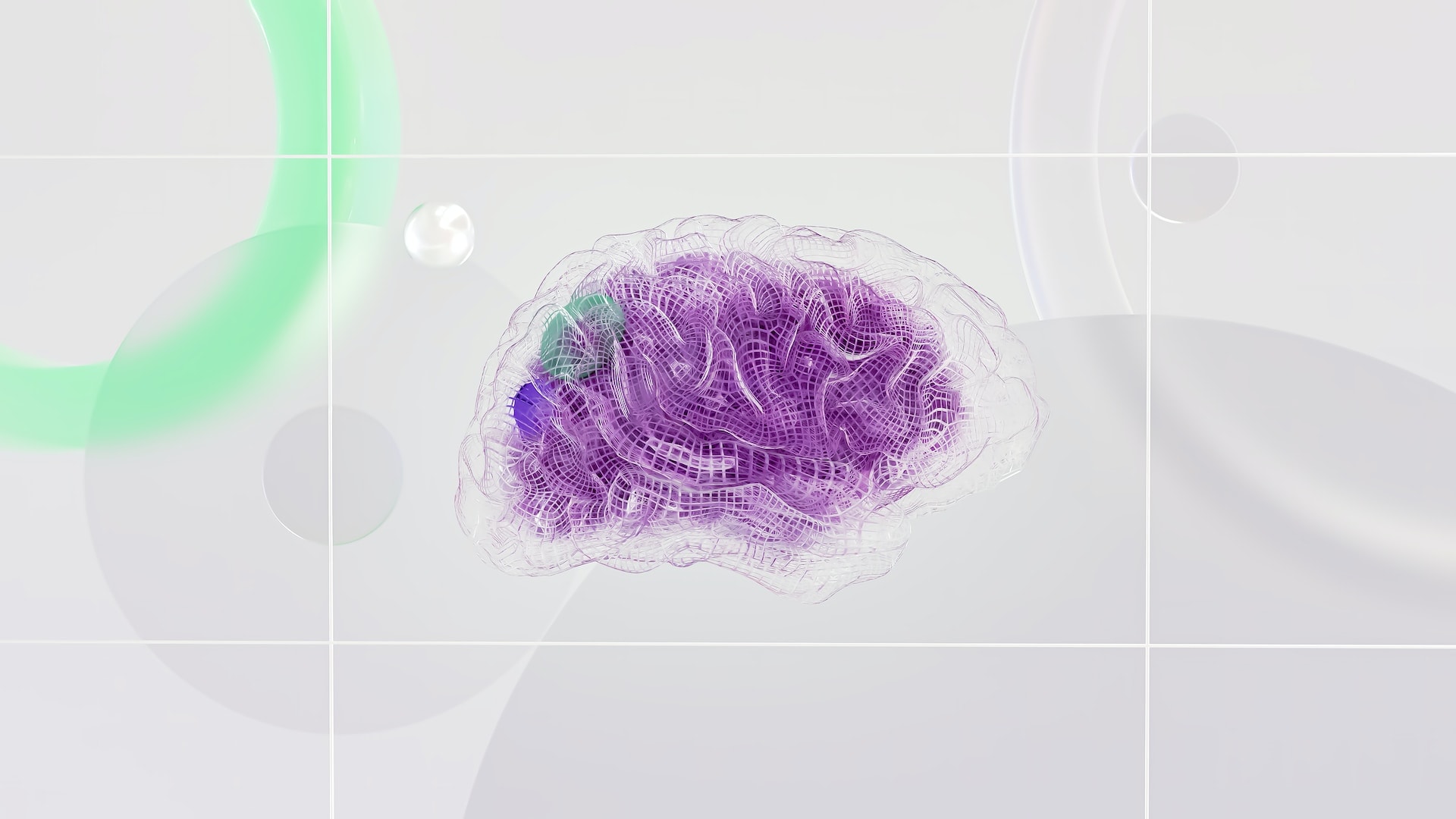
Artificial Intelligence (AI) has the potential to revolutionise the legal sector. As technology continues to advance at an unprecedented pace, the legal industry must adapt to remain competitive and efficient. Adopting AI in the legal sector has the benefit of providing improved efficiency, increased accuracy, and reduced workload.
In the legal sector, one of the primary uses of AI is document review. Lawyers spend a significant amount of time reviewing contracts and other legal documents. AI can quickly scan and analyse these documents, highlighting relevant information and identifying potential issues. This process not only saves lawyers time but also reduces the risk of human error, which can be costly.
Further, AI is being used in the legal sector for legal research. AI-powered tools can quickly search through vast amounts of legal documents and case law, providing lawyers with the information they need to build their cases. This is not only time saving but ensures that lawyers have access to the most current legal information.
Looking towards the future, AI is poised to play an even greater role in the legal sector. As AI technology continues to advance, it will become increasingly integrated into the professions daily schedule. AI-powered chatbots, for example, could be used to assist with basic legal inquiries. AI-powered tools could also be used to analyse legal data, identifying patterns and trends that could be difficult for humans to identify on their own.
As AI becomes more prevalent in the legal sector, it brings with it a wide range of prospects, but also produces important ethical and legal questions that demand our attention. For example, if an AI-powered tool were to make a mistake, who would take responsibility? Can the decisions made by AI be trusted? It will become imperative for us to address these crucial questions that require thoughtful consideration.
One should bear in mind that AI cannot replace the role of human lawyers. While AI can help automate certain tasks, it cannot replace the critical thinking and judgment that only a human lawyer can provide. Lawyers bring a unique perspective to legal issues, drawing on their experience, expertise, and intuition to provide tailored advice and representation to their clients. Further, AI is inherently devoid of the empathy necessary for fostering meaningful connections with clients.
Although AI has begun to revolutionise the legal practice in many ways, it will not be able to replace lawyers anytime soon. Rather, the partnership between AI and human lawyers holds great promise for the future, helping lawyers work more efficiently and effectively to provide better outcomes for their clients. As a profession, our challenge lies in embracing the positive impacts of technological innovation and change, while also acknowledging and finding ways to address the limitations and risks they bring.
Recent Articles
News Categories





